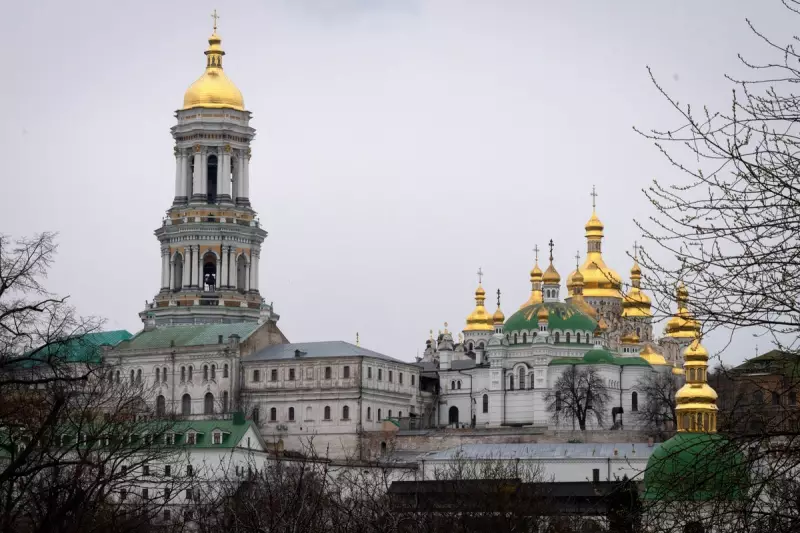
In a definitive move that severs a spiritual bond dating back centuries, Ukraine has formally ended the authority of the Moscow Patriarchate over its Orthodox churches. This monumental schism represents the final unshackling of Ukrainian Orthodoxy from Russian control and is a direct consequence of the ongoing war.
The decision, confirmed this week, marks the culmination of a process that began in 2019 with the establishment of the independent Orthodox Church of Ukraine. The full break was accelerated by the outspoken support for Vladimir Putin's invasion from Patriarch Kirill of Moscow, the head of the Russian Orthodox Church.
A Spiritual Response to War
The Ukrainian church leadership declared the ecclesiastical connection "impossible and sinful" to maintain amidst the brutal conflict. This sentiment echoes throughout the country, where places of worship have been bombed and countless lives lost.
The move is as much a geopolitical statement as a religious one. It solidifies Ukraine's cultural and spiritual independence from its aggressor, removing a key tool of soft power long wielded by the Kremlin to justify its influence over its neighbour.
Global Repercussions and Reactions
The historic split is sending shockwaves through the global Orthodox community, which counts over 200 million adherents worldwide. The Russian Orthodox Church has condemned the move, labelling it a politically motivated tragedy.
Internationally, the schism is seen as a significant blow to the prestige and power of Moscow's patriarchate, potentially reshaping the landscape of Eastern Christianity for generations to come. It stands as a powerful symbol of a nation forging its identity in the crucible of war.





